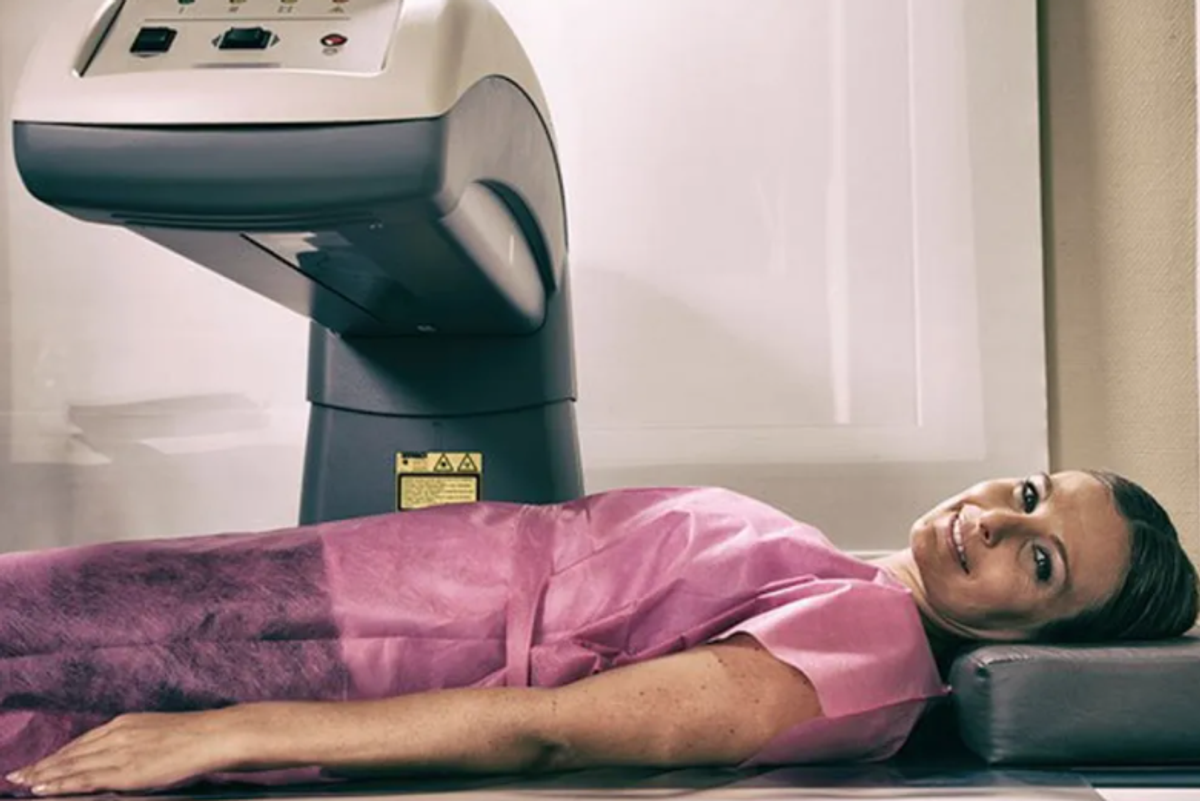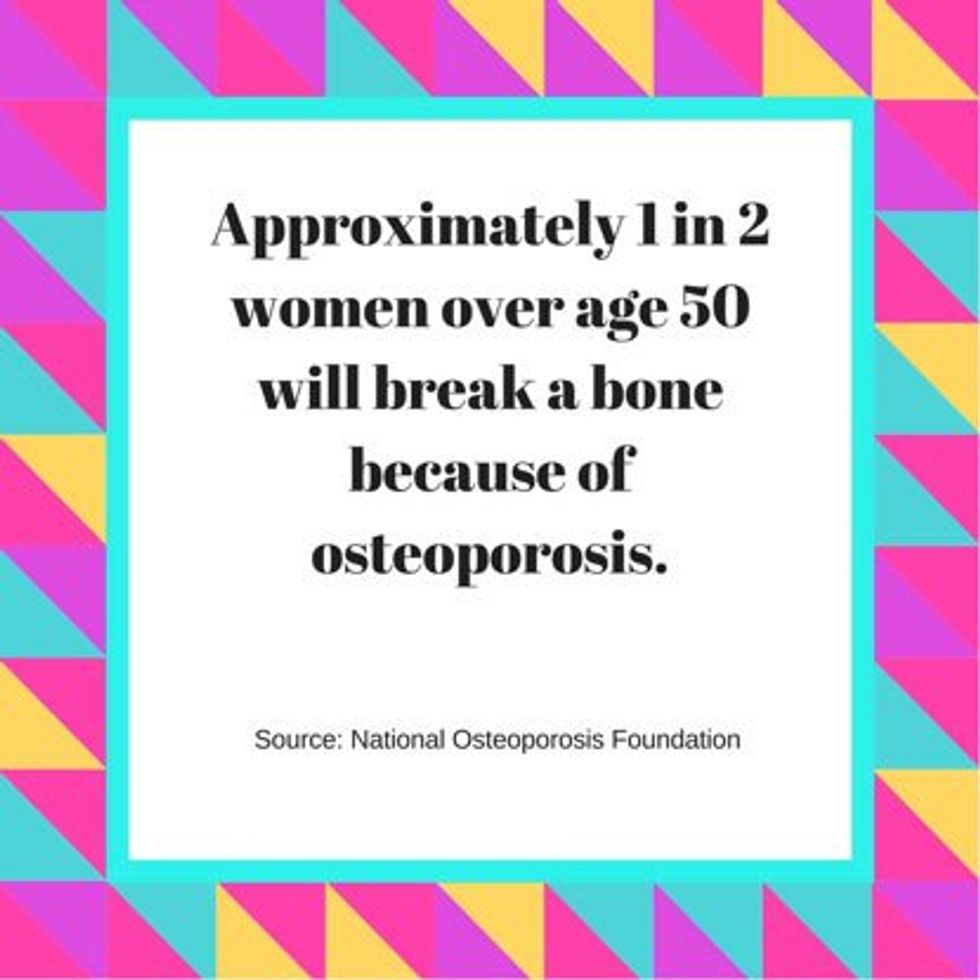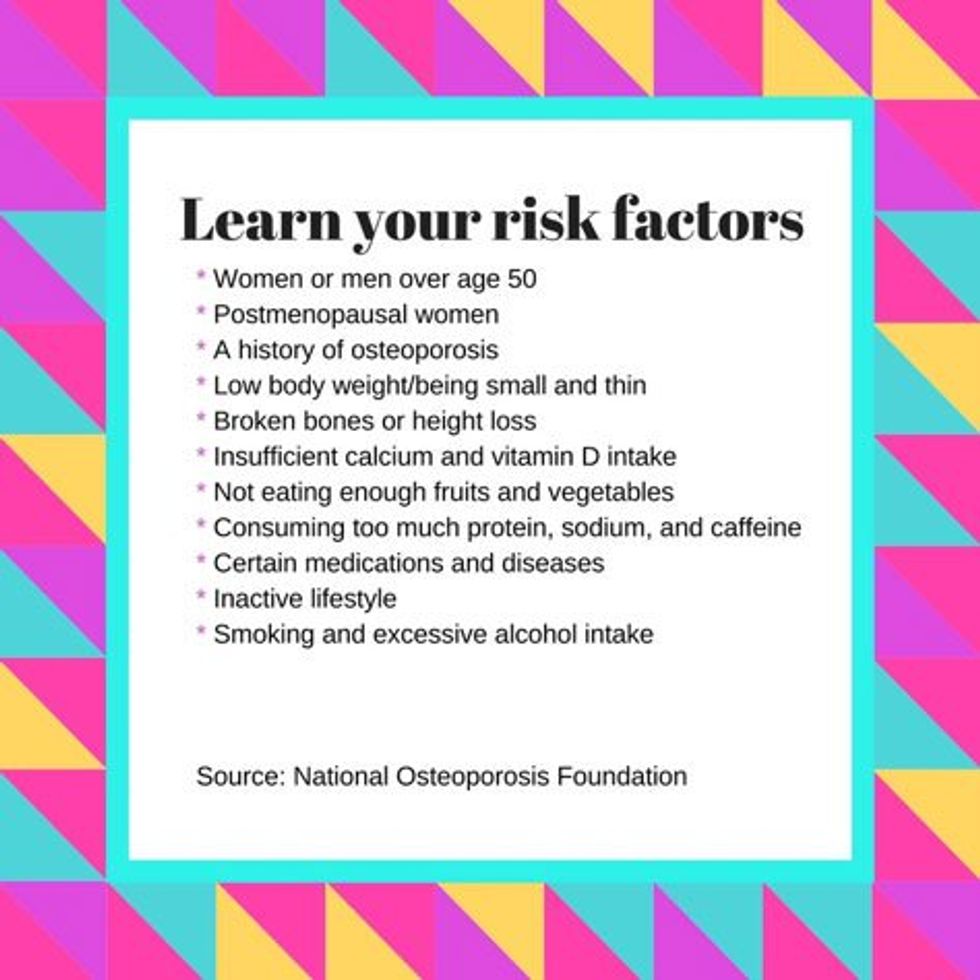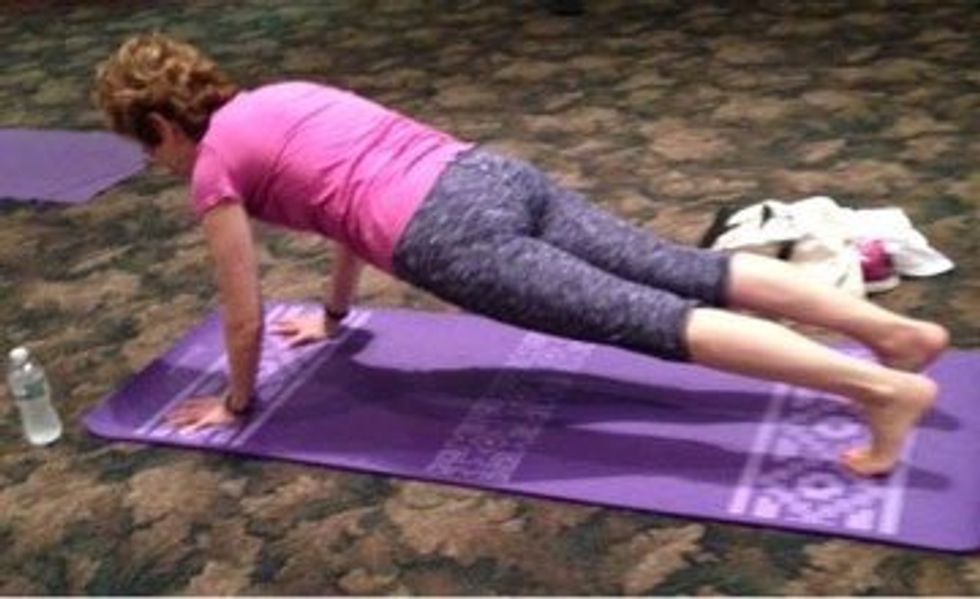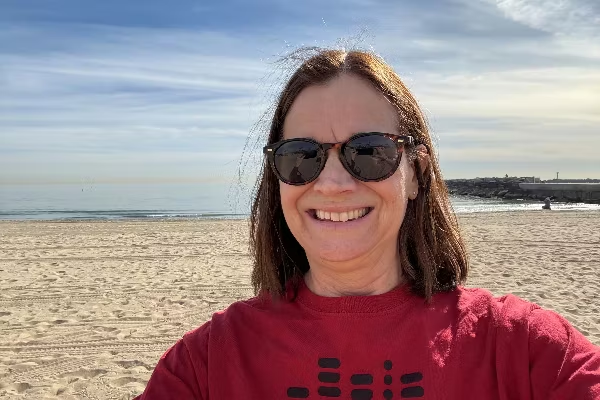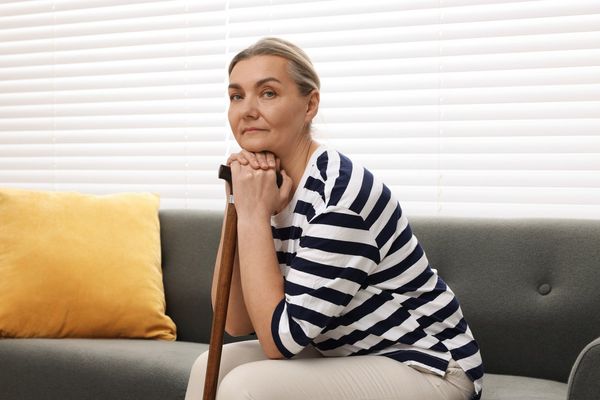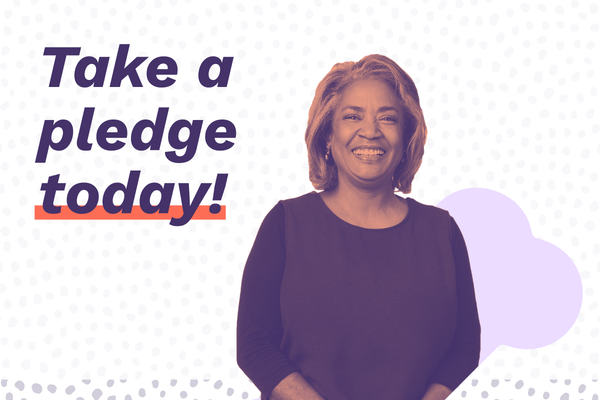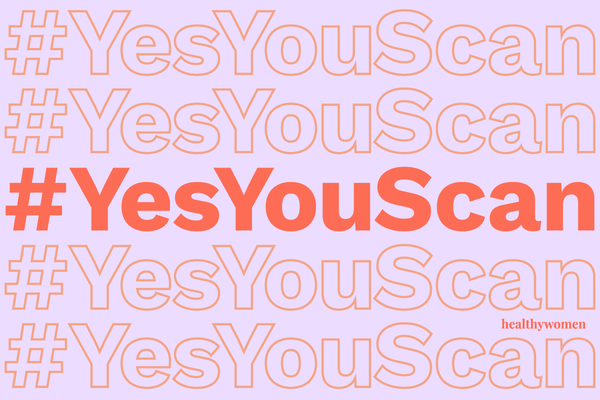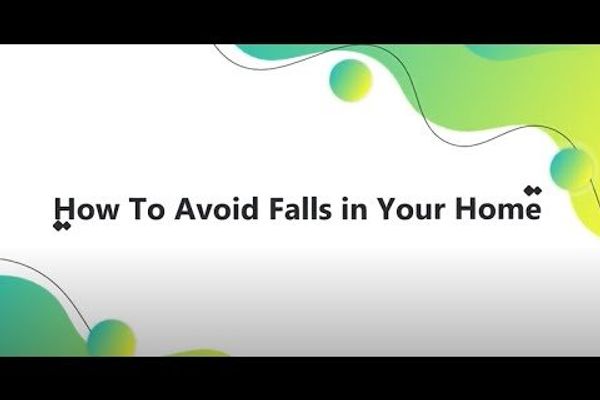"Did you have your bone density scan?" asked Dr. S during my annual gynecological examination earlier this year.
"Yep, I had my last scan in February 2015, and it indicated that I had osteopenia, a lesser degree of bone loss, which may lead to osteoporosis."
"OK," said Dr. S. "No medication is indicated at this time." Dr. S recommended that I get a Dual-energy X-ray absorptiometry (DXA) scan every two years to check my bone health.
I felt relieved but wanted to know more about how I could help prevent osteoporosis, a chronic disease of the bones, during my life after 50. That's why when
Hologic, Inc., a leading global health care and diagnostics company with a focus on women's consumer health, asked if I would participate in their sponsored campaign, I said "yes."
The Statistics Are Startling
According to the
National Osteoporosis Foundation, approximately one in two women over age 50 will break a bone because of osteoporosis. Furthermore, estrogen, a hormone in women that protects bones, decreases sharply when women reach menopause, which can cause bone loss. (Isn't it enough that I have sleepless nights due to my lack of estrogen? Now my bones are less protected, too!)
In addition, figures from a recent Harris Poll, Omnibus Survey on Osteoporosis (April 7-11, 2016) reveal 71 percent of Americans say they are aware of the effects that osteoporosis can have on their health, yet only 52 percent report taking any steps to prevent it.
Wow-o-wow! These are startling statistics. And the sad part is that many women (and men, too) can help prevent this disease by following some simple tips.
Celebrate Strong Bones
World Osteoporosis Day 2016 was October 20, and National Osteoporosis Month will be in May, but every day is a good time to pay attention to bone health, as indicated in the theme of this year's campaign: "Love Your Bones: Protect Your Future."
So boomer girls, are you ready to take action to curb your bone loss? Promise me that you won't just read the words of advice. Please practice what
Dr. Andrea Singer, director of the National Osteoporosis Foundation, says and "play an important role in your bone health." Awareness is half the battle—prevention is the key.
The
National Osteoporosis Foundation offers the following pointers to aid you in "breaking free" from osteoporosis:
- Get to know risk factors. These include age, gender, lifestyle, medical history, family history and whether you take medication or have medical conditions that can lead to bone loss. (For example, I'm 50+, postmenopausal, am small and thin—all higher risk factors. Ugh!)
- Get active. Doing regular weight-bearing and muscle-strengthening exercise is one of the best ways to protect against osteoporosis and broken bones. (Yes, yes, yes, I do yoga almost every day. On Mondays, I also participate in yoga with light weights. I'm getting better at my planks that my yoga teacher N makes us do in class each week. Using my body weight is a whole lot of weight-bearing!)
I do planks in yoga for strength training.
- Get healthy. Calcium, vitamin D, lean protein, fruits, vegetables, and healthy fats are the key to eating for healthy bones. (I eat nutritiously most of the time, consuming almond milk, low-fat yogurt, and several fruits and veggies each day. I take a calcium with vitamin D supplement and like to take in some fresh vitamin D from sunshine with a walk whenever I can get outdoors.)
- Get checked. To get screened, the National Osteoporosis Foundation recommends a bone density scan for postmenopausal women and men over 50 who have recently broken a bone. The DXA scan is a painless, 15-minute test that can measure your bone density and help predict your risk of breaking a bone. (I've been having bone density scans since I turned 50. I have some high risk factors and want to do all that I can to stay healthy and safe as I age.) Check with your health care provider and your insurance provider to determine at what age scans are recommended for you and will be covered by insurance.
- Get clean. To maintain good bone health, don't smoke or have more than two drinks a day. (Thankfully, I have never smoked and don't intend to start. And I keep my alcohol to a minimum. √√)
How are your risk factors? For more information on osteoporosis prevention check out
boneawareness.com and the National Osteoporosis Foundation. Make a promise to yourself today to become an advocate for your health and wellness during your post-50 years.
Disclaimer: This is a sponsored post written by me on behalf of Hologic, Inc. Hologic is sponsoring this post because the company is a leading developer of innovative health care products that enable women to lead healthier lives, everywhere, every day. To learn more about osteoporosis through Hologic, visit
boneawareness.com, a website that Hologic launched in honor of National Osteoporosis Month (May).
- My Family’s History With Osteoporosis Changed My Medical Career Path ›
- Let’s Talk About Osteoporosis ›
- Osteoporosis: Knowing – and Owning – Your Numbers ›
- The Connection Between Osteoporosis and Depression ›
- Clinically Speaking: Questions to Ask Your Healthcare Provider (HCP) About Osteoporosis ›
- Osteoporosis Isn’t a Given - HealthyWomen ›

